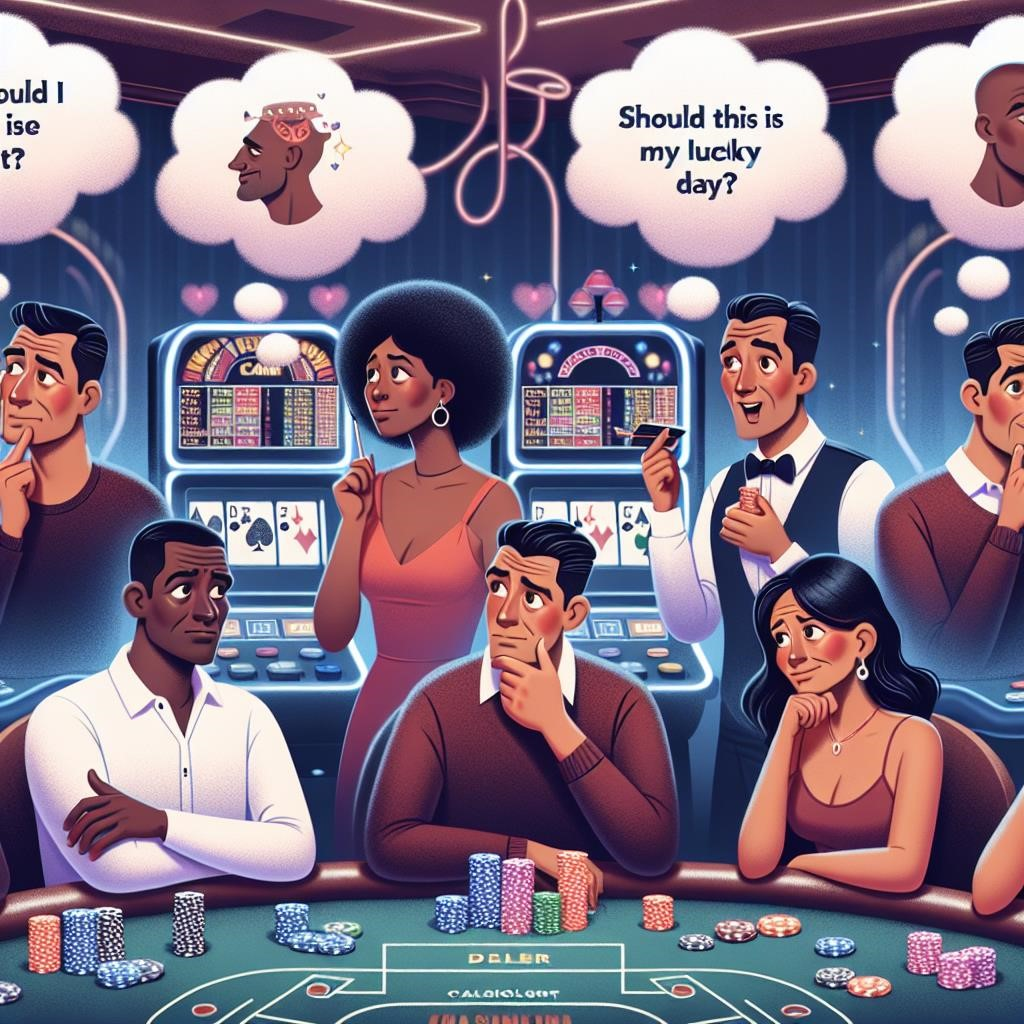Understanding the psychology behind decision-making in casinos is crucial for both players and operators. The allure of gambling can lead to various behavioral patterns that influence how individuals make choices at the gaming tables, slot machines, and other gambling venues. This article delves into the cognitive and emotional factors that affect gambling decisions and explores strategies for responsible gambling.
The Allure of Gambling
Gambling is inherently exciting, with the potential for significant rewards. This excitement can lead to impulsive decisions, often overshadowing logical thinking. Several psychological factors contribute to the allure of gambling:
- Risk and Reward: The thrill of risking money for the chance of winning big can create a dopamine rush, leading to repeated gambling behaviors.
- Near Misses: Players often experience ‘near misses,’ where they come close to winning. This can reinforce the belief that they are due for a win, prompting further gambling.
- Social Influence: The presence of other gamblers can create a social environment that encourages risk-taking and affects decision-making.
Cognitive Biases in Gambling
Several cognitive biases can affect decision-making in casinos:
- Illusion of Control: Many gamblers believe they can influence outcomes, especially in games of chance, leading to overconfidence in their abilities.
- Gambler’s Fallacy: This is the belief that past events affect future outcomes in independent games of chance, leading to misguided betting strategies.
- Confirmation Bias: Players often seek out information that confirms their winning strategies while ignoring evidence that contradicts them.
The Role of Emotions
Emotions play a significant role in gambling decisions. For example:
- Excitement: Winning can lead to heightened excitement, pushing players to take more risks.
- Frustration: Losses can trigger negative emotions, leading to chasing losses and further poor decision-making.
- Overconfidence: A series of wins can lead to overconfidence, where players believe they have a winning streak, causing them to make larger bets.
Strategies for Responsible Gambling
To mitigate the psychological pitfalls of gambling, players can adopt several strategies:
- Set a Budget: Determine a fixed amount of money to gamble with and stick to it.
- Take Breaks: Regular breaks can help players maintain perspective and control over their emotions.
- Self-Reflect: Evaluate personal gambling habits and decisions to identify patterns that may lead to irresponsible gambling.
- Seek Support: If gambling becomes problematic, seeking help from support groups or professionals can be beneficial.
The psychology of decision-making in casinos is complex, influenced by cognitive biases, emotional responses, and social factors. Understanding these elements can lead to more informed gambling choices and promote responsible gambling behaviors. Whether for entertainment or financial gain, recognizing the psychological aspects of gambling is essential for a healthy relationship with this activity. By implementing strategies for responsible gambling, players can enjoy the thrill of the casino while minimizing the risks associated with gambling.
Ultimately, awareness and education about decision-making psychology in gambling environments can empower players to make better choices, ensuring that gambling remains a fun and controlled activity.
